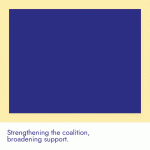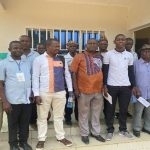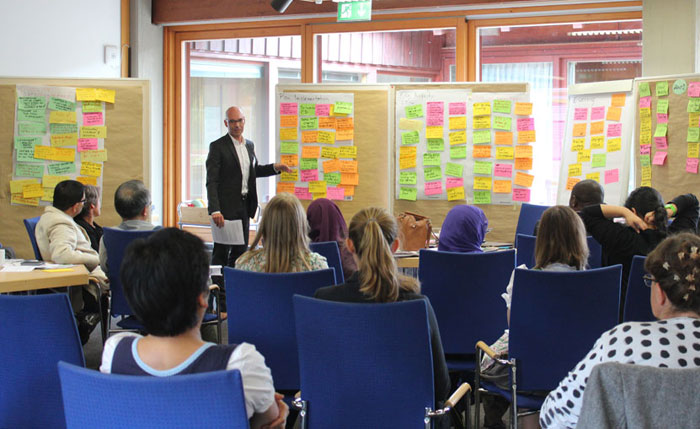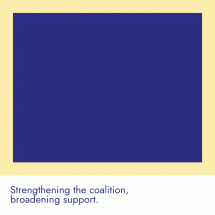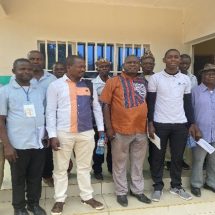On 25th and 26th of September, the International Consultative Workshop on Land Use Planning was held at the GIZ International Training Centre in Feldafing, Germany.
The Workshop was convened by the German International Cooperation (GIZ), the Technical University of Munich (TUM) and GLTN as facilitated by UN-Habitat. The workshop brought together 30 participants from governments, bilateral organizations, civil society groups and academic institutions.
The main objectives of the workshop were;
- To develop a more robust Land Use Planning (LUP) tool, with special focus on improving tenure security in developing countries, and
- To develop a training package from the enhanced LUP tool.
The workshop provided an opportunity for participants to contribute in the development of the tool including on the planned training package using e-platforms.
The workshop methodology was a combination of inputs from experts and interactive collaborative work from the participants. Expert inputs on key aspects to consider in and use planning with a special focus on land tenure security from rural and urban context as well as from civil society perspective were made. UN-Habitat through Mr. Remy Sietchiping also presented the draft International Guidelines on Urban and Territorial Planning and the objectives of the UN-Habitat Strategic Plan, with reference to planning and capacity development in the draft SDG-11 framework.
As part of the Workshop and proposed content of the tool, six case studies on land use planning, with a special focus on land tenure security, were presented from Africa, Asia and Latin America. The case studies offered a basis for the elaboration of key aspects to be considered in land use planning from different perspectives including for tenure security improvement particularly for vulnerable groups. At the end of the Workshop, participants made commitments to further contribute in the process including testing the LUP training package in their respective work environments.



